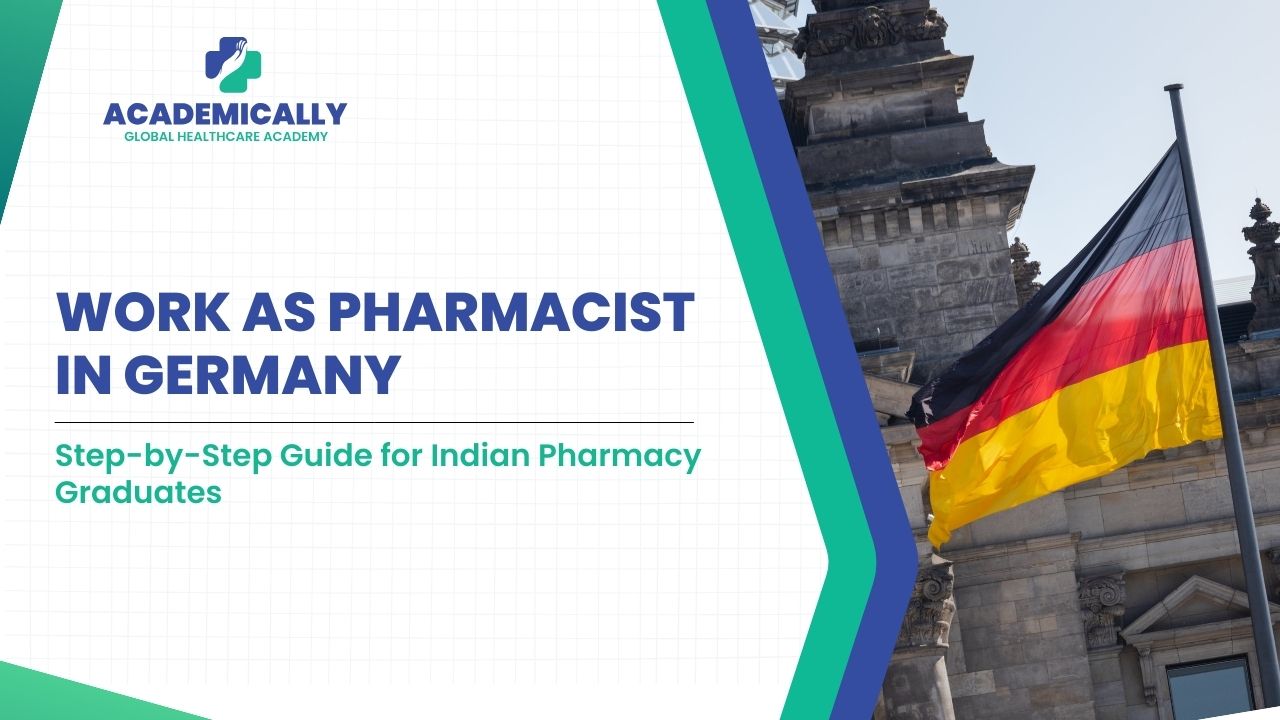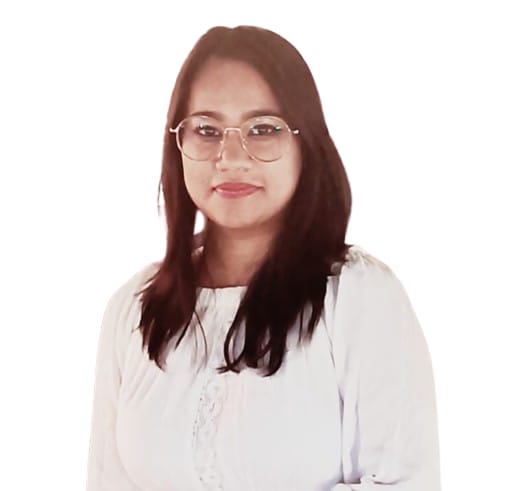Step 1: Check If Your Degree Is Equivalent
Germany’s pharmacy degree spans five years. To practice there, your education needs to match their standards.
Here’s how Indian qualifications typically compare:
- Pharm.D (General- often pursued after 10+2) or Pharm.D (Post Baccalaureate): Often considered equivalent and eligible for direct recognition.
- B.Pharm + M.Pharm: In most cases, accepted as equivalent.
- B.Pharm only: May require you to pass an additional knowledge test before recognition.
Step 2: Apply for Recognition (Berufsanerkennung)
The recognition process is handled by the State Health Authority (Landesprüfungsamt or its equivalent) in the German state where you plan to work.
You’ll typically need:
- Degree certificates
- Transcripts and syllabus
- Passport copy
- Curriculum Vitae
- Records of any internships or training
Once submitted, the authority will compare your qualifications with Germany’s standards and let you know if you can proceed directly or if further steps are needed.
Step 3: Achieve the Required German Language Level
Strong German skills are non-negotiable. You must demonstrate:
- B2 level in general German (for everyday communication)
- C1 Fachspracheprüfung — a specialised language exam for pharmacy and medical terminology
It’s common to start language training before beginning the recognition process. Reaching C1 takes time, and having the language foundation early makes the rest of the process smoother.
Step 4: Bridge Any Gaps — Exam or Internship
If your degree isn’t deemed fully equivalent, you’ll need to choose one of two options:
- Kenntnisprüfung: A knowledge test in pharmacy subjects, conducted in German
- Adaptation Internship (Anpassungspraktikum): A 6-month supervised internship in a German pharmacy
The exam is faster but academically demanding, while the internship gives you practical exposure.
Step 5: Complete Practical Training
If you haven’t already met Germany’s practical training requirement, you may need to complete a 6–12 month Praktisches Jahr (practical year) in a German pharmacy.
This is a valuable opportunity to learn how the German system works, get comfortable with local workflows, and practise your German in real patient interactions.
Step 6: Apply for Approbation (Pharmacy Licence)
The Approbation is your official licence to practise pharmacy in Germany. To get it, you must show that you’ve:
- Met academic recognition requirements
- Achieved the necessary language proficiency
- Completed any required exams or training
With the Approbation, you can legally work as a pharmacist anywhere in Germany.
Step 7: Start Your Career
Once licensed, you can apply for roles in community pharmacies, hospitals, or the pharmaceutical industry. Demand for pharmacists is steady, with rural areas often offering more opportunities.
Practical Advice for Indian Graduates
If you plan to continue studying, consider pursuing a Master’s degree in Germany. Public universities often have low or no tuition fees, and you can use your time as a student to:
- Improve your German
- Prepare for licensing exams
- Get to know the healthcare system
Another pathway is pursuing a Ph.D. after your Master’s, which can lead to research or academic positions.
Becoming a registered pharmacist in Germany is absolutely achievable. But it requires patience, preparation, and strong language skills. Understanding each step in advance can save you time and frustration later.
The German language test is not easy to pass, and proficiency is not just about clearing the exam on paper. You must be able to communicate fluently in real-life situations — with patients, colleagues, and other healthcare professionals, especially during interviews.
If you are confident in your German skills, Germany can be a great option. Otherwise, consider English-speaking countries like Australia, Canada, or Ireland.
At Academically, we guide pharmacy graduates through every stage, from document preparation and language learning to exam coaching and career placement.





